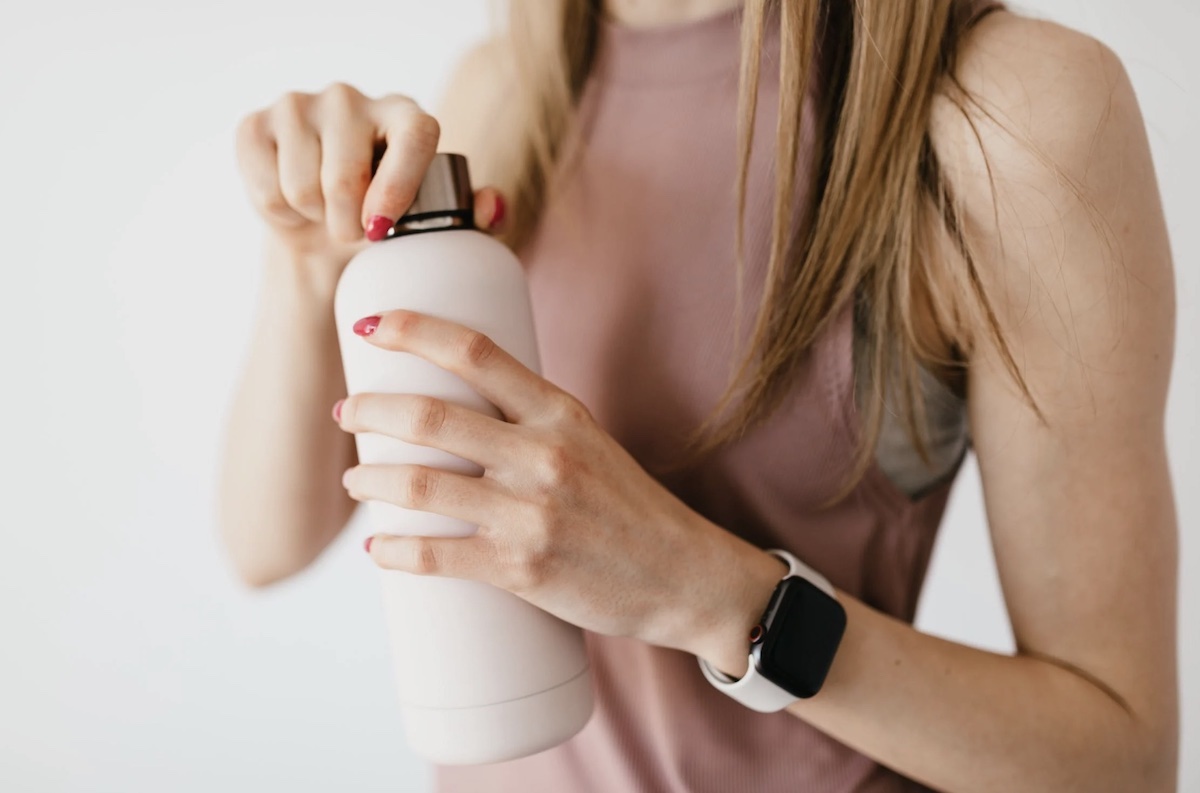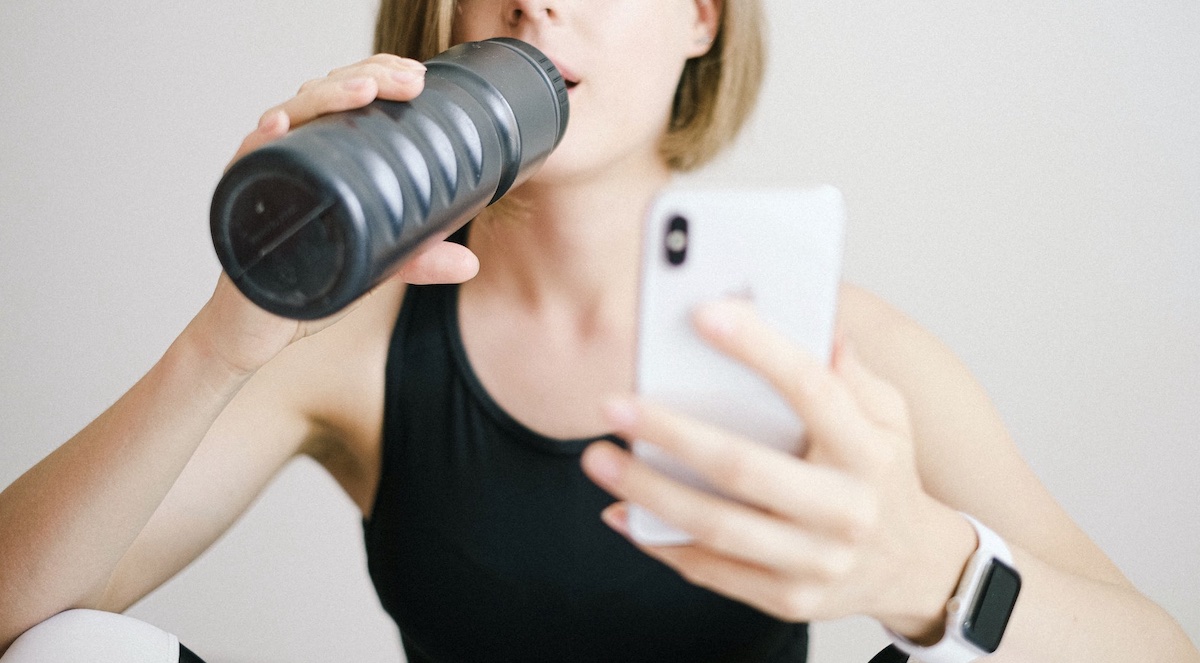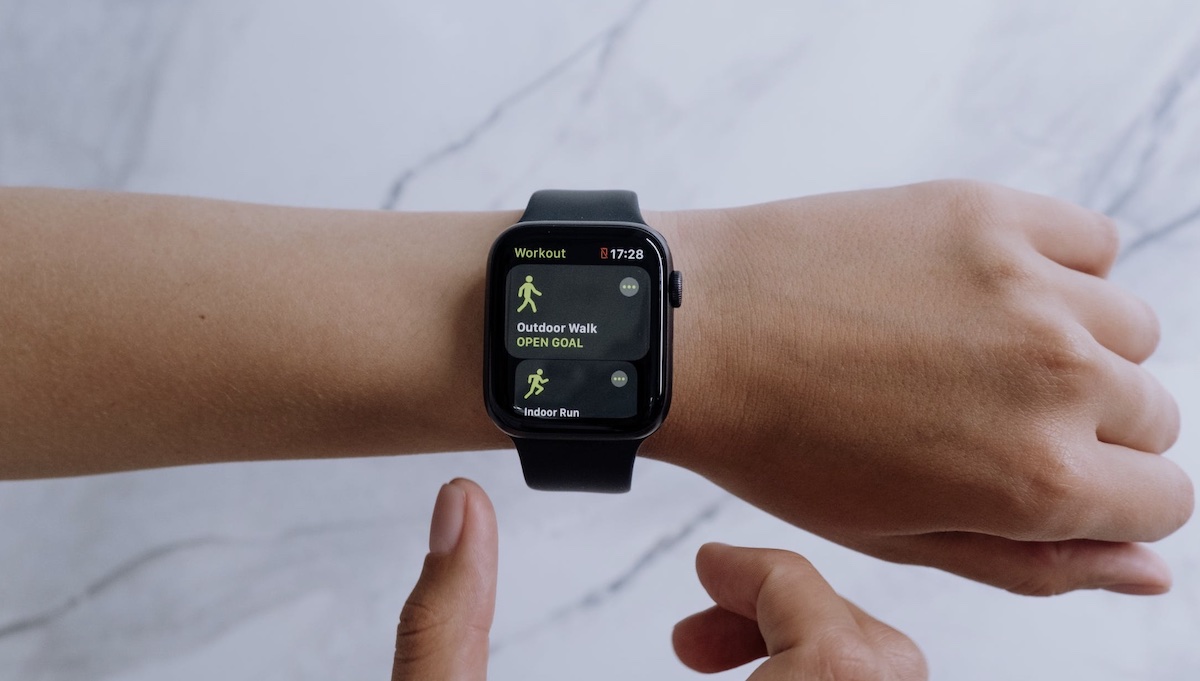Using Health Wearables: Finding Balance Between Data and Dependency

In today’s technologically driven world, the integration of health wearables into our daily lives has become increasingly common. These devices, ranging from smartwatches and fitness trackers to more specialized medical gadgets, offer users a multitude of data about their physical well-being. While they undoubtedly provide valuable insights into our health, there are important considerations to bear in mind when choosing to rely on these devices.
What to Look for in a Device:
Selecting the right health wearable is crucial, as the market is flooded with options. Here are some key factors to consider when making your choice:
- Accuracy: The primary function of any health device is to provide reliable data. For example, tools like a body fat scanner machine are designed with advanced sensors and algorithms to ensure precise measurements, making them a valuable addition to any health tracking routine. Whether it’s tracking steps, monitoring heart rate, or analyzing body composition, choosing a device with proven accuracy is paramount for achieving your health goals.
- Compatibility: Ensure that the device you choose is compatible with your smartphone or other devices. Integration with your existing technology can enhance the usefulness of the wearable, as it allows for seamless data sharing and analysis.
- Battery Life: A long battery life is essential, especially for wearables you plan to use daily. Frequent charging can become a hassle and interrupt your tracking routines.
- Data Privacy: Review the manufacturer’s data privacy policies and ensure your personal health information is adequately protected. The sensitive nature of this data demands stringent security measures.
- Comfort and Design: Since you’ll be wearing the device regularly, comfort and design matter. Look for a wearable that suits your style and feels comfortable during extended use.
- Ecosystem: Consider whether the device is part of a broader ecosystem that includes apps, services, and a community. A supportive ecosystem can enhance your experience and motivation to maintain a healthy lifestyle.

When Is Relying on One Too Much?
While health wearables can provide valuable insights, there’s a fine line between beneficial usage and overreliance. Here are some signs that you might be depending on your device too much:
- Obsessive Tracking: Constantly checking your device for updates and feeling anxious or stressed when it doesn’t meet your expectations can indicate an unhealthy dependence.
- Ignoring Intuition: Relying solely on the data from your wearable and disregarding your body’s signals can be problematic. Your intuition and feelingsshould still play a crucial role in assessing your well-being.
- Replacing Professional Advice: A health wearable should complement, not replace, advice from medical professionals. If you find yourself making important health decisions solely based on your device’s data, it’s time to reassess.
- Negative Impact on Mental Health: If tracking your health metrics starts to negatively impact your mental health, it’s essential to take a step back. Constant worry about data points can lead to anxiety and stress.

The Pros and Cons of Using Health Wearables:
Pros:
- Motivation: Wearables can be excellent motivational tools. Tracking your progress and setting goals can encourage you to stay active and make healthier choices.
- Early Detection: Some health wearables can monitor vital signs and alert you to potential health issues early on, enabling you to seek medical attention promptly.
- Data-Driven Insights: These devices provide a wealth of data that can help you better understand your body and make informed decisions about your health and fitness routines.
- Community and Support: Many health wearables come with apps and online communities where you can connect with others, share your progress, and receive support and encouragement.
Cons:
- Inaccuracy: Not all wearables are equally accurate and relying on inaccurate data can lead to misguided decisions about your health.
- Privacy Concerns: Sharing sensitive health data with manufacturers and third-party apps raises privacy concerns. It’s crucial to understand how your data is used and protected.
- Dependency: Overreliance on health wearables can lead to a disconnect from your own body’s signals and intuition.
- Cost: High-quality health wearables can be expensive, and ongoing costs for replacement bands, batteries, or subscription services can add up.
In conclusion, health wearables have the potential to be powerful tools for improving our health and well-being. However, it’s essential to strike a balance between using these devices for motivation and information and avoiding overreliance. By carefully selecting a device that meets your needs and maintaining a healthy perspective on its data, you can harness the benefits of health wearables while preserving your overall well-being. Remember that your wearable is a tool, not a replacement for common sense and professional medical advice.
Dr. Erin Nitschke is a professor of exercise science at Laramie County Community College. She holds certifications including NFPT-CPT, NSCA-CPT, ACE Health Coach, Fitness Nutrition Specialist, Therapeutic Exercise Specialist, and Pn1. Erin is an editorial author for IDEA, NFPT, where she writes regularly on topics related to personal training and health coach skill building, behavior change, and career success.
Last updated January 8, 2025